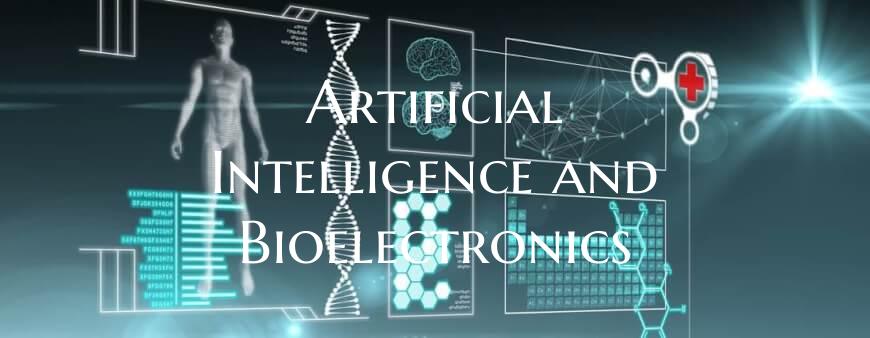Artificial Intelligence and Bioelectronics
Artificial Intelligence and Bioelectronics: Revolutionizing Healthcare and Beyond
The fusion of artificial intelligence (AI) and bioelectronics represents a groundbreaking advancement with the potential to revolutionize various industries, particularly healthcare. By leveraging the power of AI algorithms with the precision of bioelectronic devices, researchers are unlocking new possibilities in diagnostics, treatment, and disease management.
In the realm of healthcare, the integration of AI and bioelectronics is paving the way for personalized medicine. Through the use of biosensors and wearable devices, real-time data on an individual's physiological parameters can be collected, analyzed, and used to provide personalized treatment recommendations. AI algorithms can interpret this data, identify patterns, and predict health outcomes, enabling healthcare providers to deliver targeted interventions that are tailored to the specific needs of each patient.
One of the key applications of this synergy is in the field of neuroprosthetics, where bioelectronic devices are used to interface with the nervous system and restore lost sensory or motor functions. AI plays a crucial role in enhancing the performance of these devices by optimizing their functionality and improving their adaptability to the user's physiological signals. This has led to significant advancements in the development of prosthetic limbs, brain-machine interfaces, and other assistive technologies, offering new hope to individuals with disabilities.
Furthermore, the combination of AI and bioelectronics is driving innovations in drug delivery systems, implantable medical devices, and diagnostic tools. Smart devices powered by AI can monitor patients' health status, deliver targeted therapies, and optimize treatment regimens in real time. By harnessing the potential of bioelectronics to interface with biological systems and integrating AI to process complex datasets, we are witnessing a paradigm shift in how healthcare is delivered and managed.
Beyond healthcare, the collaboration between AI and bioelectronics holds promise for applications in environmental monitoring, agriculture, industrial automation, and beyond. By leveraging AI's ability to analyze vast amounts of data and bioelectronics' capacity to interface with living organisms, researchers are exploring novel solutions to some of the world's most pressing challenges.
In conclusion, the convergence of artificial intelligence and bioelectronics is ushering in a new era of innovation with far-reaching implications for various fields. As researchers continue to push the boundaries of what is possible, we can expect to see further advancements that will transform the way we live, work, and interact with technology.

